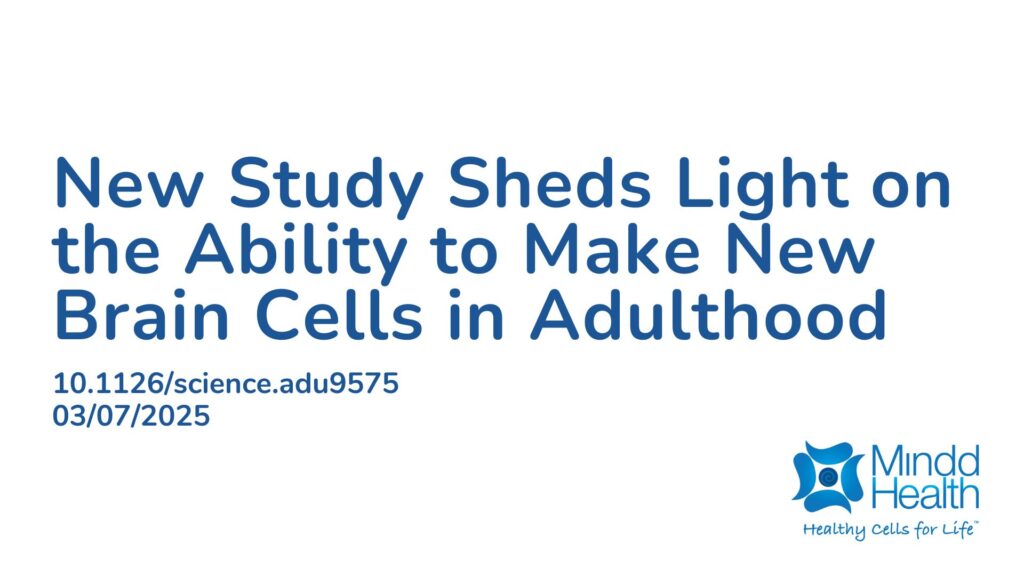Summary:
Scientists have long debated whether adults can grow new brain cells, also known as neurogenesis, in the hippocampus. The hippocampus is a part of the brain responsible for memory and mood. In this study, researchers looked at human hippocampus samples from babies through adults. They found that in children, all stages of developing brain cells (called neural progenitor cells) were present. In adults, they were able to detect some new cells called progenitor cells. These rare and new adult cells were similar to those seen in mice and pigs and were mainly located in a part of the hippocampus called the dentate gyrus. Although this is a very preliminary finding, this shows that even in adults, the brain can still make new neurons and that it doesn’t stop growing even after childhood, although it happens much less than in children. Detecting these rare new cells is now possible thanks to advanced lab techniques and computer analysis. These findings help us understand how the adult brain can adapt and could be important for learning, memory, and mental health.
Abstract:
Continuous adult hippocampal neurogenesis is involved in memory formation and mood regulation but is challenging to study in humans. Difficulties finding proliferating progenitor cells called into question whether and how new neurons may be generated. We analyzed the human hippocampus from birth through adulthood by single-nucleus RNA sequencing. We identified all neural progenitor cell stages in early childhood. In adults, using antibodies against the proliferation marker Ki67 and machine learning algorithms, we found proliferating neural progenitor cells. Furthermore, transcriptomic data showed that neural progenitors were localized within the dentate gyrus. The results contribute to understanding neurogenesis in adult humans.
Article Publication Date: 03/07/2025
DOI: PMID: 10.1126/science.adu9575



